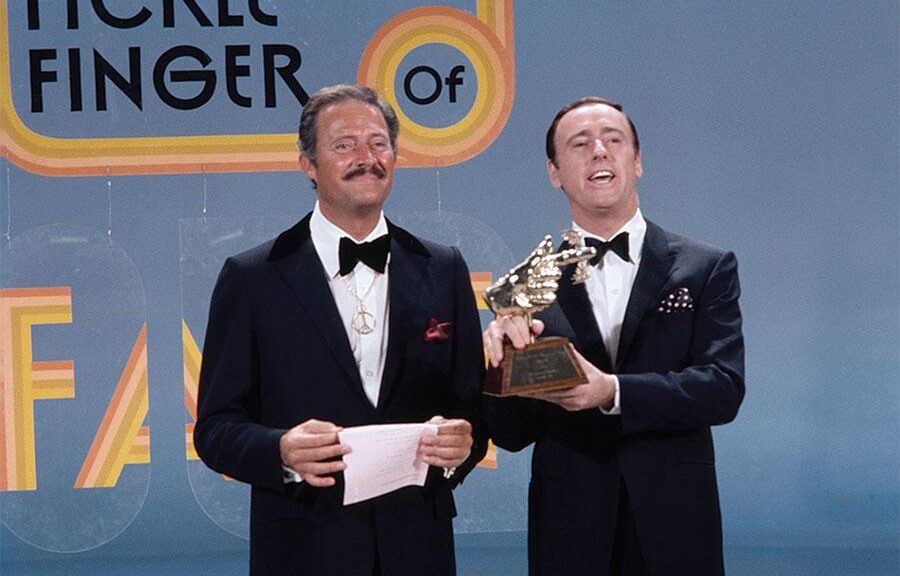
Re-Rat Awards 2009 to Senators Gregg Arlen Specter

To Rat and Re-Rat
This Re-Rat post first appeared in 2009. In updating it, very few politicians have qualified since Senator Judd Gregg and the late Senator Arlen Specter (both of whom I admired).
In 2009, I proudly presented the Churchill Re-Rat Award (issued infrequently) to Senator Judd Gregg (R.-NH). Judd had accepted nomination as President Obama’s Secretary of Commerce. Then he withdrew, saying he could not balance “being in the Cabinet versus myself as an individual doing my job.”
Gregg’s nomination had sewn fear among conservatives. If he left the Senate, NH’s then-Democrat Governor, John Lynch, would appoint a Democrat or liberal Republican in his place.
Art of the Re-Rat
“To rat” is a once-common Parliamentary practice. Once, told that a Conservative MP was ratting to join the Liberal Party, Churchill exclaimed: “That’s the only instance of a rat swimming toward a sinking ship.”
On 26 January 1941 Churchill—who had deserted the Conservative Party for the Liberals in 1904 but oozed back into the Conservative Party in 1925 (after being appointed Chancellor of the Exchequer the previous year by Conservative Prime Minister Stanley Baldwin)—remarked to his private secretary John Colville: “Anyone can rat, but it takes a certain amount of ingenuity to re-rat.” He was prescient. Re-ratting is a lost art nowadays.

But not completely! Just a few weeks after Gregg, Senator Arlen Specter (D.-Pa.) re-ratted when he switched from the Republicans to the Democrats. A registered Democrat, Specter had been Philadelphia Assistant District Attorney under District Attorney James Crumlish, but in 1965 he ran and beat Crumlish. Specter subsequently ratted by changing his registration to Republican. In 2009 he re-ratted to the Democrats.
Flying Fickle Finger of Fate
I must now commission two copies of the Churchill Re-Rat Award, whose design I am pondering. It might well take the shape of the “Flying Fickle Finger of Fate,” formerly dispensed by the Rowan and Martin TV show “Laugh-In.”
One hopes that the fine art of the Re-Rat will witness a revival. Every politician who is thinking that he or she no longer agrees with the party should rat, or re-rat. Tulsi Gabbard has recently half-ratted, but has not so far completed the process. To do that she would have needed to be nominated for Vice-President. (Regrettably IMHO.) But she does not seem likely to re-rat.
Re-rat now!
This Churchill practice might produce a historic realignment of the parties. Perhaps even new Liberal and Conservative parties, which will better define the two very opposite philosophies and approaches on issues. Then we can get down to the business of arguing both sides of the debate instead of obfuscating, dodging and virtue-signaling, in order to toe some imagined party line.
As Churchill, who always put principle before party, remarked early on: “The alternation of parties in power, like the rotation of crops, has beneficial results.” (House of Commons, 25 June 1907.)






